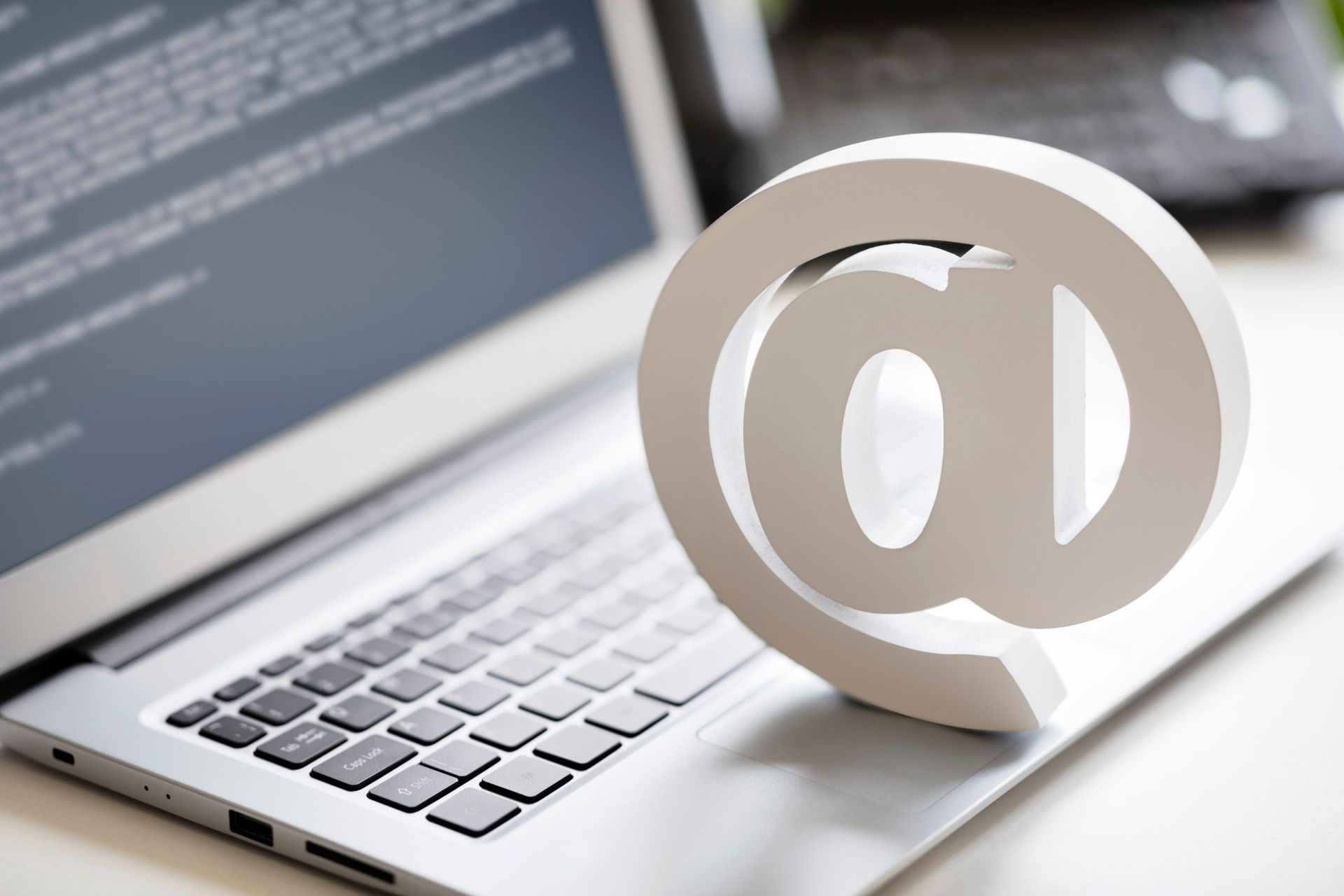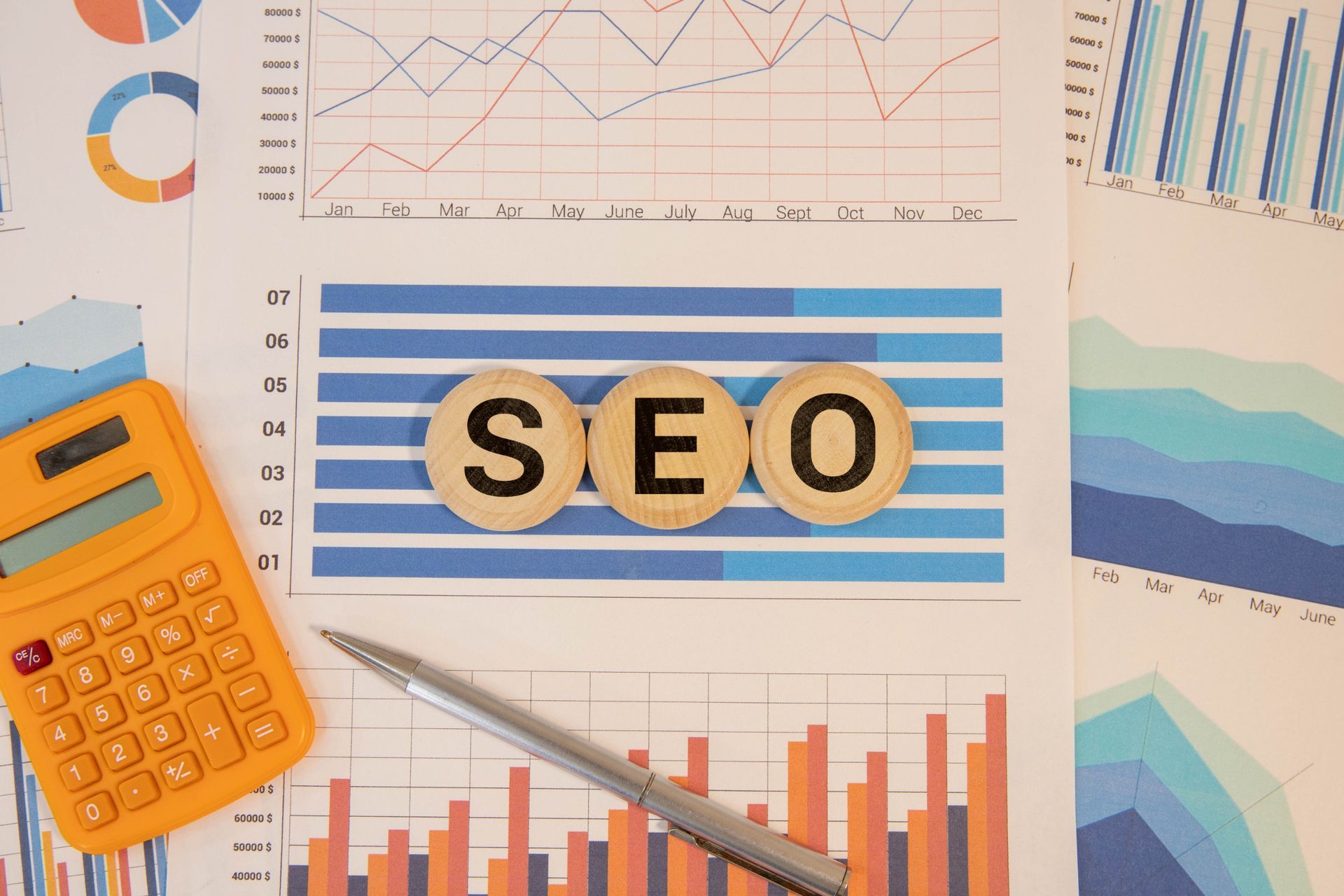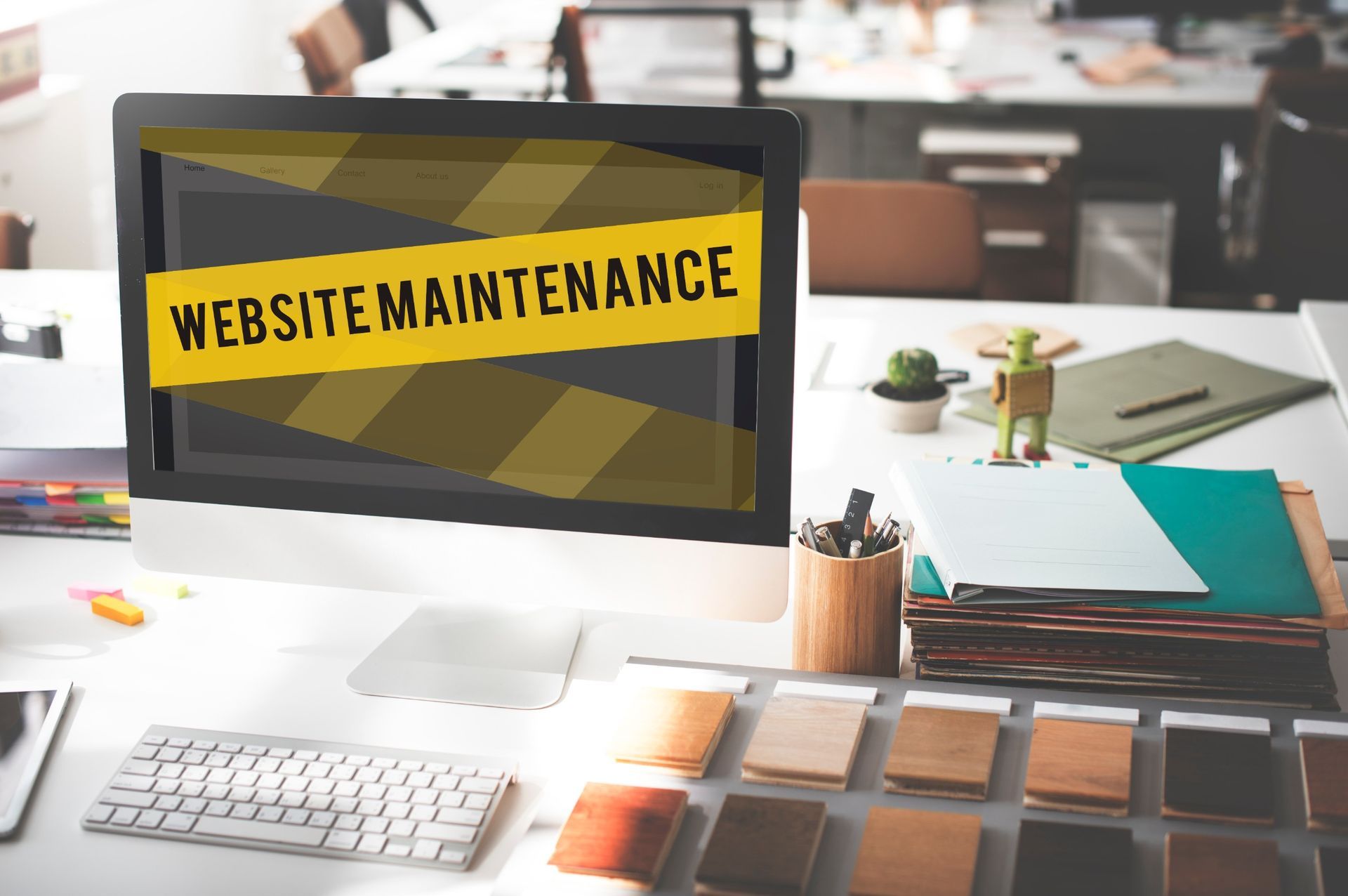What Is A Canonical URL? A Guide For SEO
Are you looking to improve your SEO rankings but don't know where to start? Many website owners are often unaware of the importance of using canonical URLs, but understanding this concept is essential for boosting your search engine visibility. This guide will provide an in-depth look at what a canonical URL is and how it can help you achieve more successful SEO results.
Discover why having optimized URLs should be part of any digital marketing strategy, along with tips for implementing them on your own website. With this knowledge in hand, you're well equipped to take your SEO game up a notch!
Definition of a Canonical URL
In the world of SEO and website optimization, having a clear understanding of canonical URLs is essential. The canonical URL is the preferred URL that search engines should use when indexing a webpage. It helps eliminate duplicate content issues that can arise when the same content is accessible through multiple URLs.
It's important to understand that the canonical URL is not necessarily the same as the URL that is visible in the address bar. By specifying the canonical URL, the website owner is telling search engines that this is the original and most important version of the content. This ensures that all links and ranking signals point to the correct page, improving the overall SEO of the site.
Benefits of Using Canonical URLs for SEO
In the world of search engine optimization (SEO), canonical URLs have become a term that is thrown around often, but sometimes misunderstood. Essentially, a canonical URL is the preferred URL for a particular page of content on a website, and is used to prevent duplicate URLs from appearing in search engine results. But the benefits of using canonical URLs for SEO go beyond just avoiding duplicate content penalties.
By using canonical tags, website owners can consolidate their website's ranking power behind a single URL, helping to boost the search engine visibility of a given page. Additionally, canonical URLs can be used to help Google understand international content, preventing a site's pages from getting lost in translation.
Overall, by utilizing canonical URLs, businesses can ensure their content is properly indexed and displayed to the right audiences, driving more organic traffic to their site.
How to Set Up Canonical URLs
Setting up canonical URLs is an important step when it comes to optimizing your website for search engines. These URLs tell search engines which version of your website's content is the primary one, and can prevent duplicate content issues that can hurt your rankings.
To set up canonical URLs, you'll need to first identify any duplicate or similar pages on your website. Then, you'll need to add a canonical tag to the head section of each page, indicating the URL of the primary version of the content. This may involve using redirects or other technical solutions, but once it's done, your website will be more search engine friendly and easier to navigate for users.
With a bit of time and effort, you can take control of your website's canonical URLs and improve your online visibility.
When You Should Use Canonical URLs
Have you ever come across several similar pages on a website? If yes, then you would have faced the dilemma of deciding which page to refer to for the relevant information. When such a situation arises, the use of canonical URLs can prove to be a savior. A canonical URL is a preferred URL that search engines use to index a website's content. Using them ensures that the page you intend to indexing receives credit for its content, and duplicate pages are not penalized.
You should consider using canonical URLs when you have similar pages with identical content on your website or different URL versions for the same page. Adopting the use of canonical URLs ensures that your website's content is ranked correctly, and it is presented appropriately to users.
Common Pitfalls with Canonical URLs and How to Avoid Them
As we all know, managing URLs can be a tricky business, and canonical URLs are no exception. Despite their potential to improve your website's SEO by consolidating duplicate content, there are several pitfalls you may encounter when using them. One such pitfall is failing to use the correct canonical URL for your page. This can result in confusion for both search engines and users, leading to lower rankings and decreased traffic.
Another common mistake is using multiple canonical URLs for a single page, which can also cause confusion and negatively impact your SEO efforts. To avoid these and other pitfalls, it's important to have a solid understanding of how canonical URLs work and how to properly implement them on your website. With the right approach and careful attention to detail, you can reap the benefits of canonical URLs while avoiding the potential pitfalls.
Tips for Optimizing Canonical URLs for SEO Success
When it comes to search engine optimization, canonical URLs play a crucial role in ensuring your website performs well. A canonical URL is the preferred version of a webpage that is indexed by search engines. It is crucial to optimize your canonical URLs to provide clarity to search engines and ensure that all versions of a webpage are recognized as the same entity. Here are some tips you can follow for the same:
Establishing Consistency
Maintaining consistency in your URLs is of paramount importance. Ensure that the URL you designate as the canonical one is consistently used across your website. This includes internally linking to the canonical URL and not to any of the duplicate pages.
Use of Self-Referencing Canonical URLs
Self-referencing canonical URLs refer to the practice of putting a canonical tag on a page pointing to itself as the canonical version. This is beneficial as it provides a clear signal to search engines about the preferred page, even when there are no duplicate pages.
Avoiding Dynamic URL Parameters
Try to avoid dynamic URL parameters as much as possible in your canonical URLs. Static URLs are generally more SEO-friendly and easier for search engines to index.
Incorporating Keywords
Optimizing your URLs with relevant keywords can boost your SEO but remember not to overdo it. Keywords in the canonical URL should be used strategically and sparingly, ensuring they are relevant to the page’s content.
Using Absolute URLs
Use absolute URLs instead of relative ones for your canonical links. Absolute URLs are more specific and leave no room for interpretation by search engines.
Regular Audits
Finally, perform regular audits of your website to ensure your canonical URLs are working as intended. An audit can help identify any issues or discrepancies, allowing you to rectify them promptly and maintain your SEO rankings. Regular audits also ensure that you don't have any broken or incorrect canonical links that could be damaging your SEO efforts.
By correctly implementing these tips in your SEO strategy, you can successfully optimize your canonical URLs for better website performance and improved rankings in search engine results.
In Conclusion
Canonical URLs are a powerful SEO tool that can help ensure that website visitors reach the right page, while also giving site owners control over their content. Defining a canonical URL should be one of the first steps in an effective SEO strategy for any website. While there are potential pitfalls to avoid when working with canonical URLs, they can be easily avoided with careful planning and preparation.
Utilizing the tips we've discussed in this blog post, site owners can set up and implement canonical URLs to maximize search engine visibility and optimize their digital marketing efforts.
Finally, don't forget to measure the usage and performance of your website's canonical URLs on a regular basis - having detailed data will help you discover what strategies work best for your site, allowing you to stay ahead of the competition.
So don't wait any longer — take some action today and get your canonical URL setup properly!
About Us
At Boost Higher, we help your business achieve never-before-seen heights with our expert strategies and tactics, uniquely designed to fit your brand and goals. Our team of experts specializes in creating hype about your business at both a local and global scale, leading to increased conversions, happy customers, and higher revenue. Schedule your free, no-obligation
consultation
today, or fill out our
contact form to get in touch with us.











